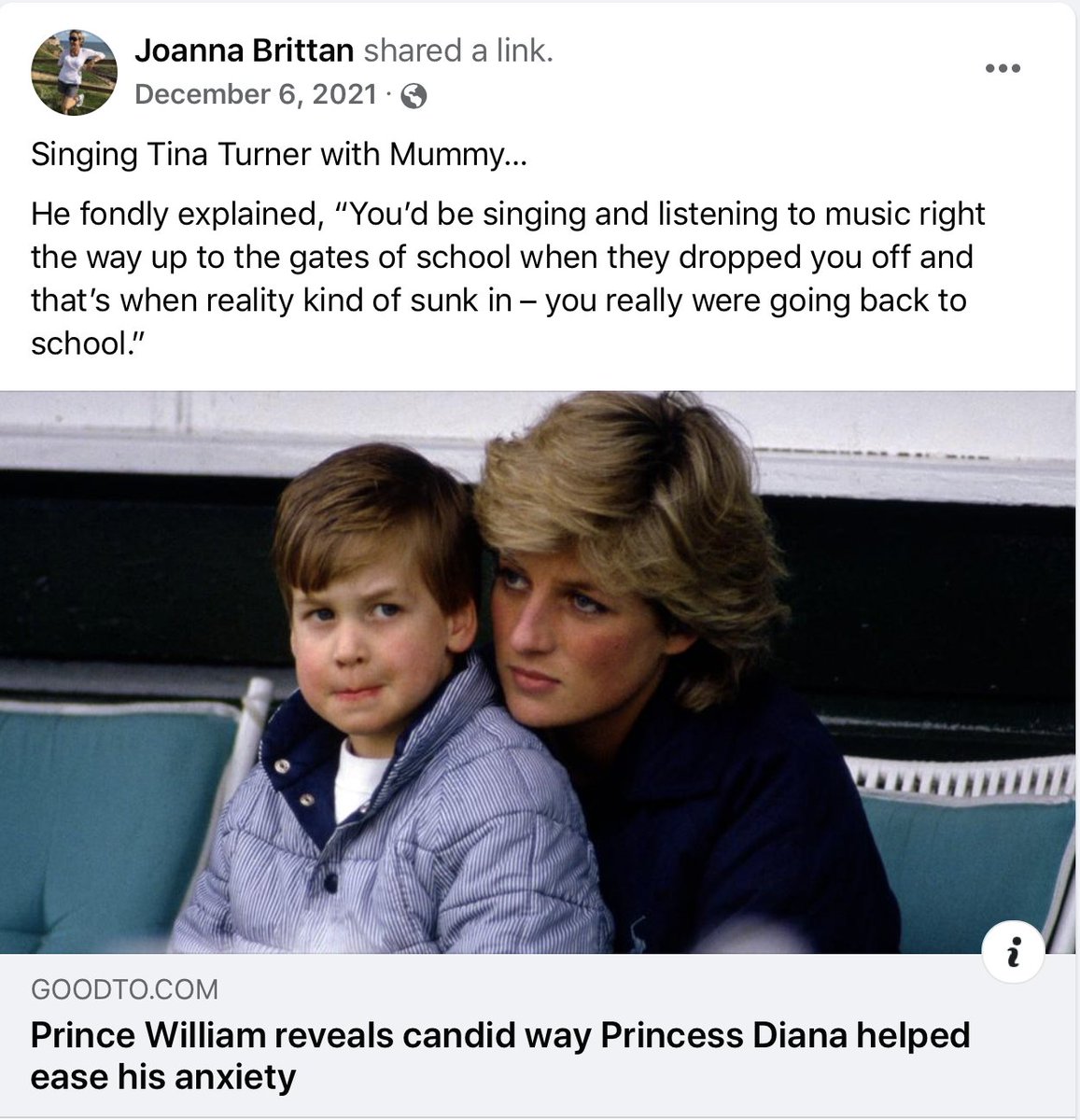
Today I spoke w/ @hackneycouncil Early Years Staff about how to help young children self-regulate. I did that by sharing w/ them what settings have been doing over Covid. A brief THREAD to share this info more widely.
2. @PitteucharE, led by @JKnussen, have been sure to use the language of 'distressed behaviour', rather than the conventional language of 'challenging behaviour'. Simple change. Free. No forms required to be completed. 🙂 

3. And LOOK at the difference it makes - simply telling the story of what one school @PitteucharE is doing to support children's emotions. This is the feedback from attendees in London. "So simple, but I can see how transformative it could be for staff and for children." 

4. Here's Angels & Co Nursery in Aberdeen. They paid attention to partings. The adaptations made to Drop Off procedures during Covid hv stressed childrn. And parents. I know we think we needed to do ths. But we should not DENY to ourselves the distress this has caused families. 

5. The scene in that last tweet comes frm a set of video resources my team at @connectedbaby made for Early Years Teams. Those videos look closely at childrn's experiences of parting &reunions. They are intended for training &CPD sessions. Here's the link. connectedbaby.net/product/tigers…
5. Here's @LullabyLaneWest . They have built yoga into the daily rhythm of their nursery. Led by @AshMcCann1, they've learned how daily practice helps the children to be aware of their own bodies. It makes you ask: Why is such practice still relatively uncommon in Early Years? 

6. In fact, the @TIGERSEYAcad came to feel so strongly about the importance of body-awareness for young children that they created the 'Calming Tigers' service. It helps other early years teams to think about what they can do to embed it in practice.
https://twitter.com/TIGERS_UK/status/1458091322859040780?s=20&t=k9NT-mwoFdAekVjoW81HTA
7. And for the older ones? The children leaving their EY setting? @LullabyLaneMiln did something edgy during Covid. They did NOT cancel their Leaving Ceremony, as was so common. They held it anyway, Covid-safe, because they had learned how much transition rituals matter. 

8. I believe it was hearing real-life stories of courage that led to feedback like this: "I reflected on how much t world around us has an impact on our childrn." YES. Many of our children left beloved EY carers in t summer without being able to say good-bye. That's grief. 

9. And finally, what else can we do to support childrn's self-regulatory capacities? MAKE SURE THE ADULTS are helped to self-regulate. You can't pour from an empty vessel. START WITH ADULTS' NEEDS. Childrn's 'bad behaviour' is often a result of tired, overwhelmed, grumpy adults. 

10/end. I hope t teams I hv talked abt can see their impact. There are so many other ideas&settings I didn't hv time to mention. And right now I need to get back to t Conf to hear t fab @MineEYMind speak. So I'll leave you w/ her superb book.
Thanks for #FierceCuriosity, folks.
Thanks for #FierceCuriosity, folks.

• • •
Missing some Tweet in this thread? You can try to
force a refresh
















